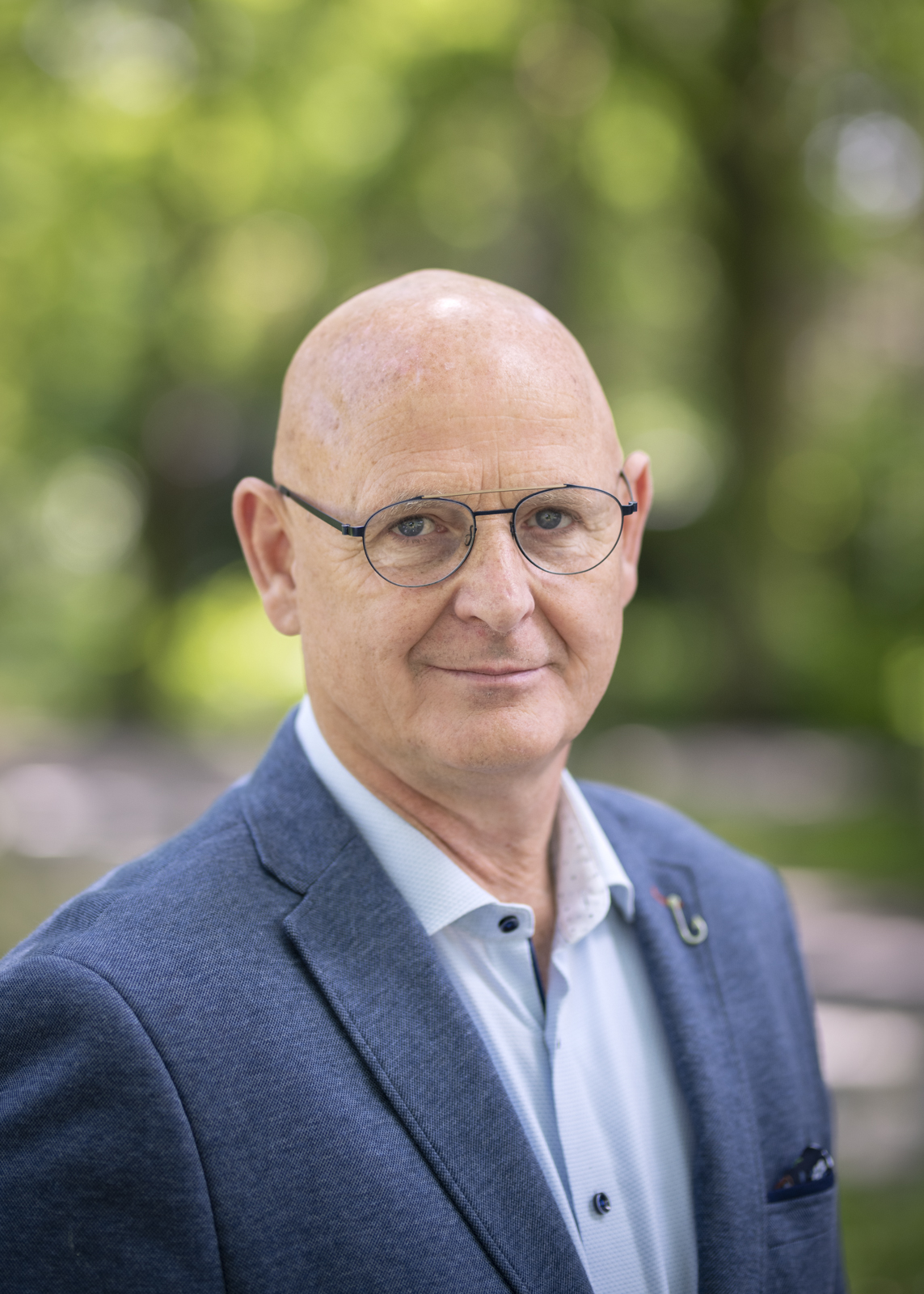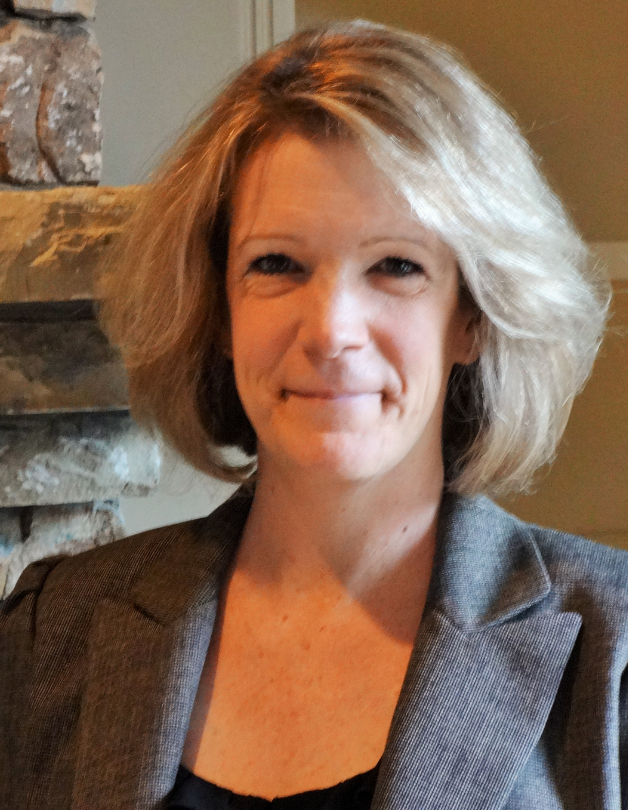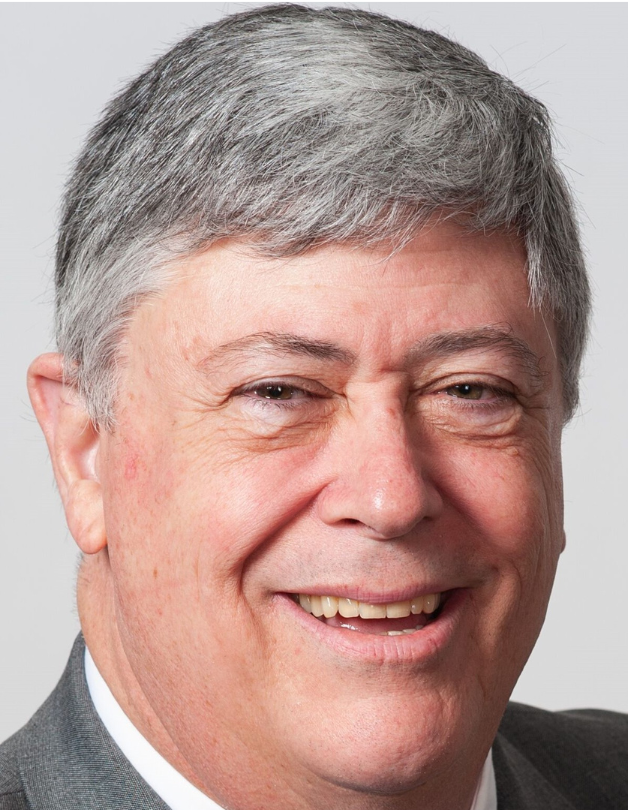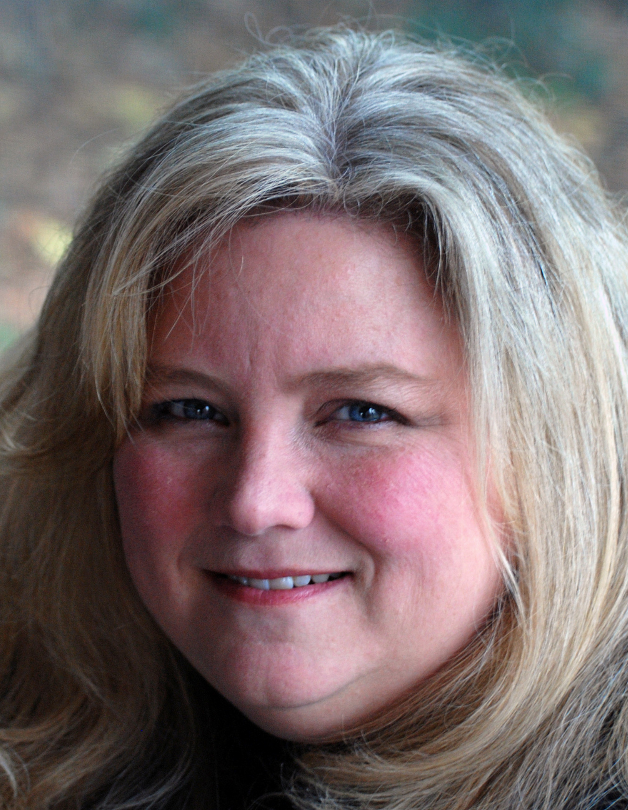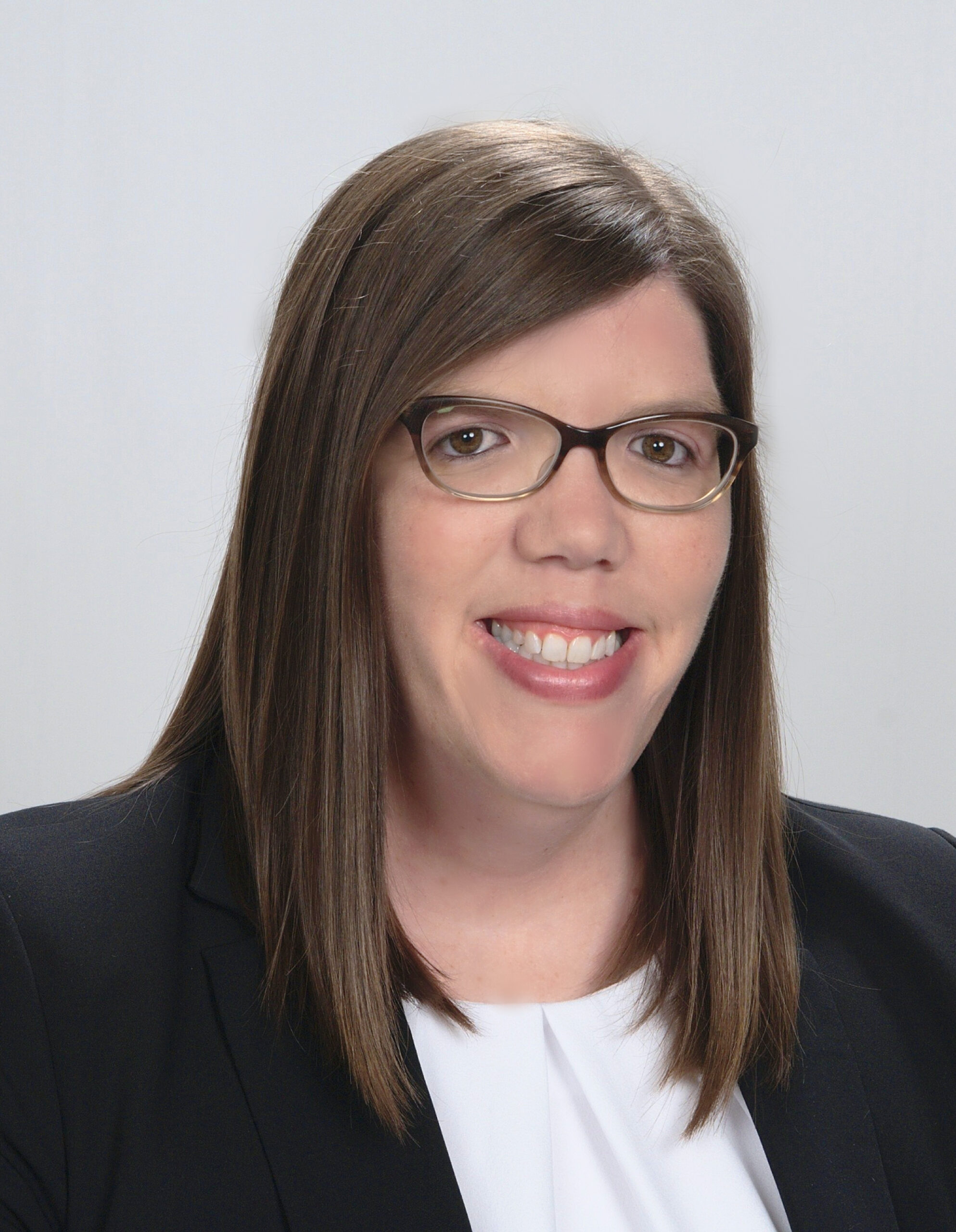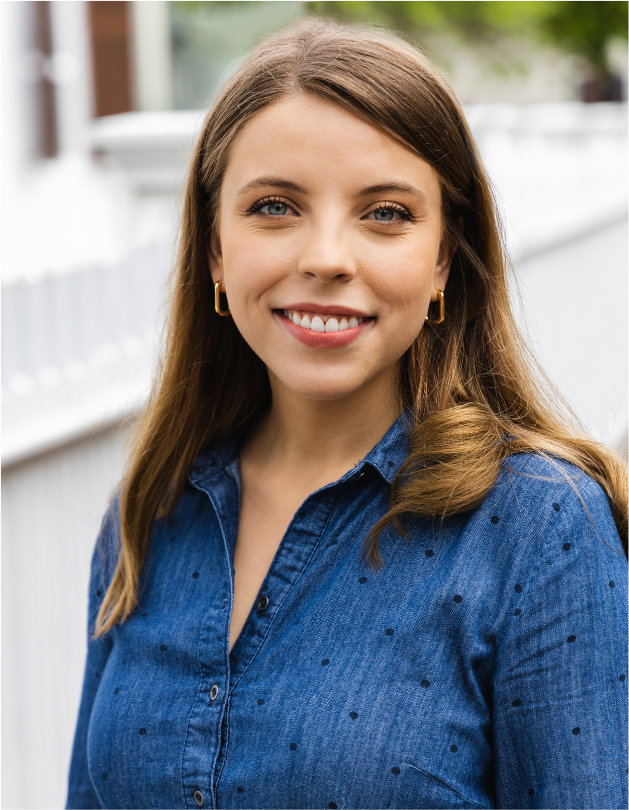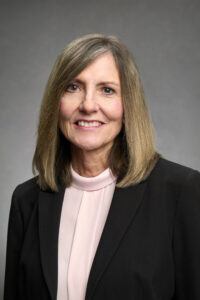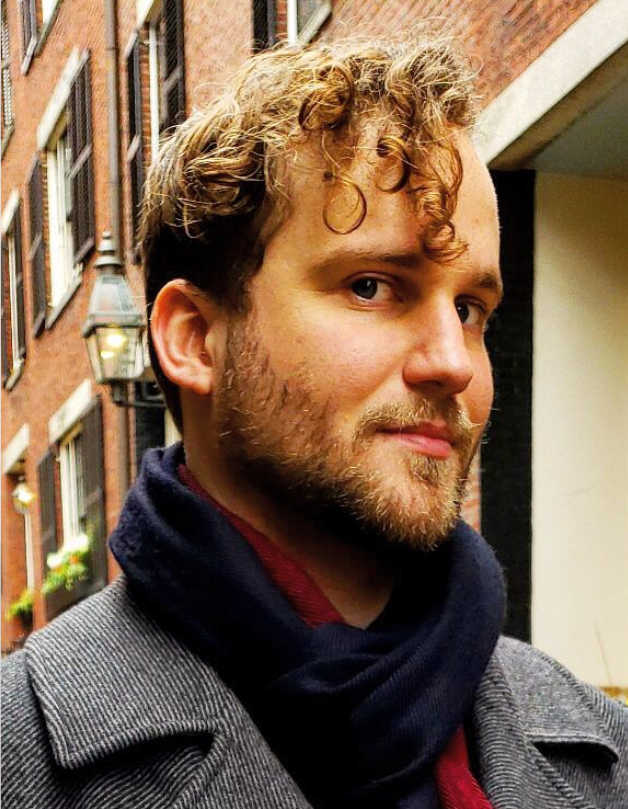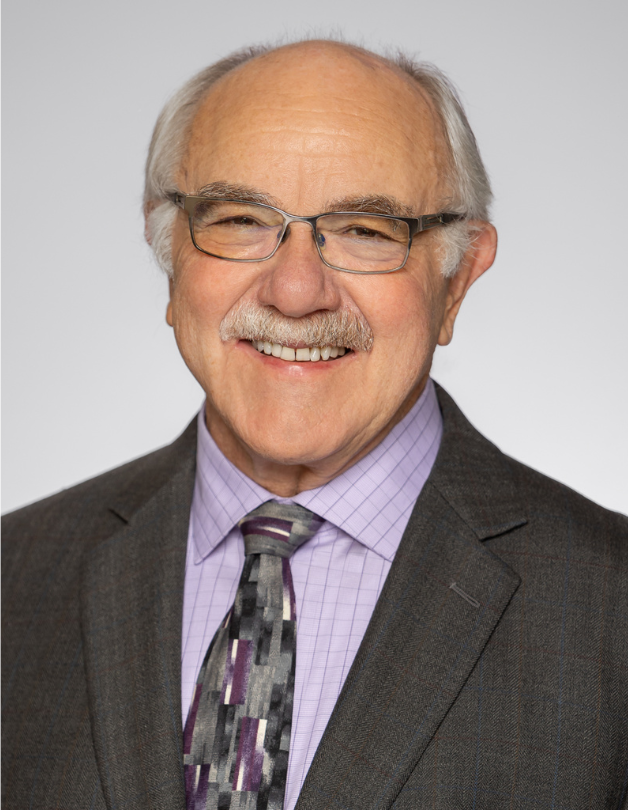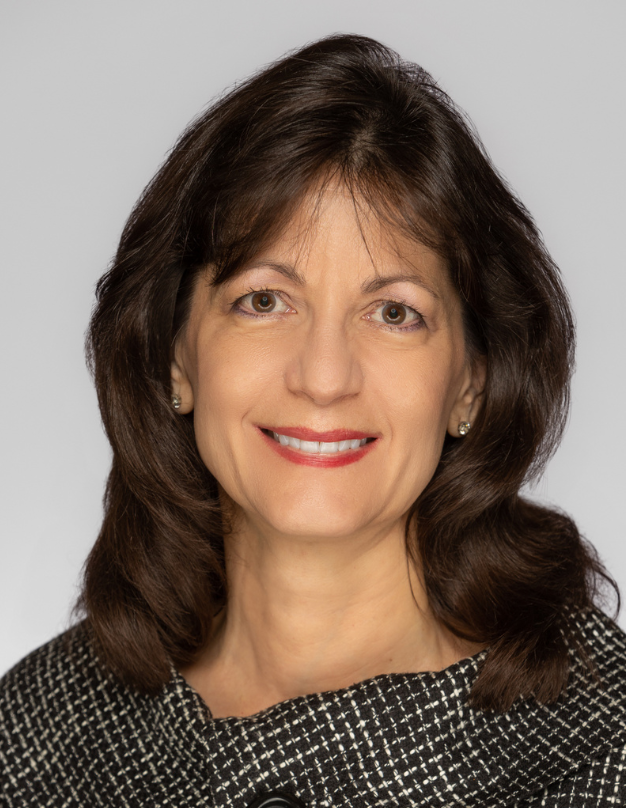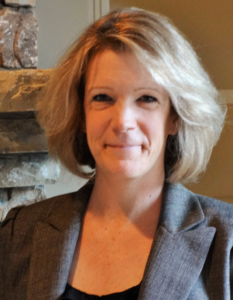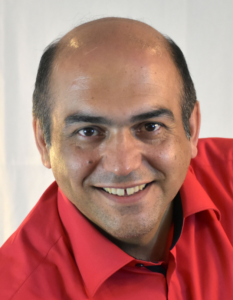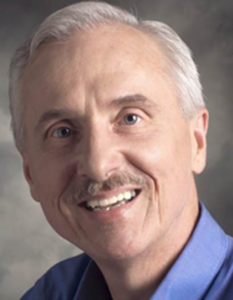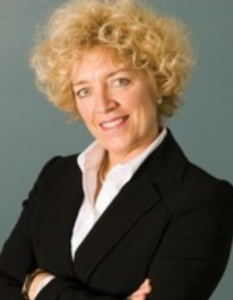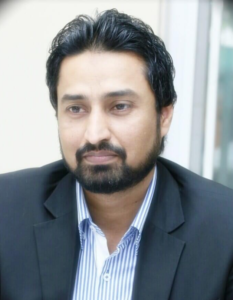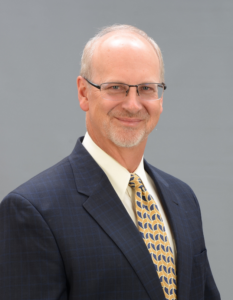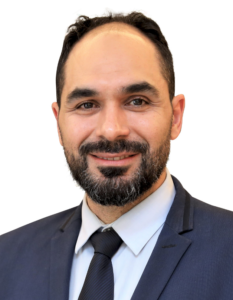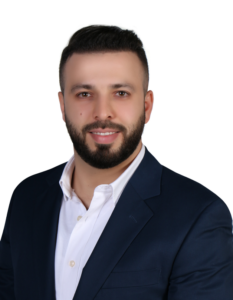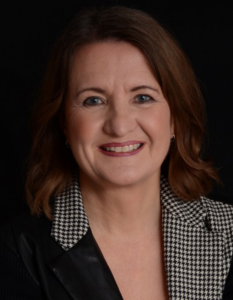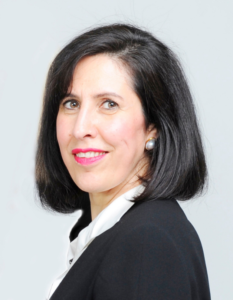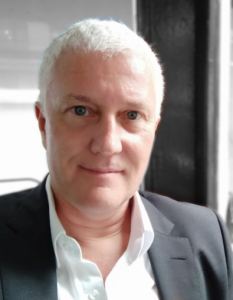Your cart is currently empty!
In July 2017, an unlikely group convened on the campus of Birmingham-Southern College to learn how to show the value of what they do. Here’s an excerpt of an article about the program published by The United Methodist Church.
The United Methodist Endorsing Agency (UMEA), a division of the General Board of Higher Education and Ministry (GBHEM), hosted a Return on Investment (ROI) Workshop for 57 senior chaplains, spiritual care managers, and faith community leaders. Over the last several years, a major paradigm shift has occurred in how organizational systems understand and value spiritual care. For many organizations, value and relevance are primarily centered on the bottom line. Although monetary value is a critical concern, it is the comparison of this value with the program/project costs that captures the attention of stakeholders—translating into ROI.
“Show me the money” is the familiar response from many business leaders and investors. Sometimes this is an appropriate response. At other times, it is misguided, especially when it comes to understanding the impact and value of chaplaincy and spiritual care. As Jeffrey Parkkila, senior chaplain at Westminster Retirement Community, Winter Park, Florida, stated, “I have struggled to find the language to communicate with the corporate world the needs of ministry and the value of spiritual care. This ROI training gives me a platform to communicate our value.”
Realizing that measures not subject to monetary conversion are also important, if not critical to most programming and projects, participants learned that a balanced profile of success is required, which must include qualitative and quantitative data as well as financial and non-financial outcomes.
John Callanan, senior chaplain with United Methodist Homes of the Greater New Jersey Conference reflected, “My CEO has been pleading with me to demonstrate value, now I have a process to demonstrate the impact of pastoral care and bring the pastoral care department into greater accountability.”
Stephen Brinkley, senior chaplain of the Trauma Center at Orlando Regional Medical Center commented, “Business language is a new language for me—yet, my health system is challenging me to translate the value of ministry in a new way. Failure to do so on my part jeopardizes the future of chaplaincy.”
Jack and Patti Phillips engaged the workshop participants in learning a new language by embracing the ROI Methodology. The methodology offers a balanced approach to measurement that captures five levels of outcome data.
When chaplains and spiritual care leaders engage the process, the ROI model provides alignment, connecting needs assessment with evaluation thereby empowering the translation of ministry’s value and impact within organizational systems.
Invigorated by what she was learning, Linda Stetter, director of Spiritual Care, St. Mary Corwin Medical Center, Pueblo, Colorado, stated, “I can now quantify my ministry. This methodology empowers Spiritual Care to not be perceived as a cost center—but an organizational contribution center! This is great news!”
Jeffrey Uhler, chaplain at the Aurora Medical Center, Milwaukee, Wisconsin, added, “Last evening I received a message from my supervisor about a conversation she was having with management pertaining to the addition of chaplaincy staff. Management’s feedback to her, ‘you’ll need an ROI plan.’ Today, chaplaincy received good news—we have learned a methodology to give management just what they asked for, the ability to demonstrate ROI. I am excited!”
Bruce Fenner, endorsing agent for The United Methodist Church and director of endorsement at UMEA noted that the evaluations of this leadership development workshop were the highest of any program ever offered by the endorsing agency for its constituents. He attributes this to the outstanding leadership, clarity of vision, practical instruction, and applicability of the material for this time of our lives. “We were fortunate to have Jack and Patti Phillips bring their leadership. They are world-renowned experts in the field of measurement,” noted Fenner. “If we, as clergy working in specialized ministry, are to be relevant in this increasingly secular culture and workforce, there is a pressing need to learn a new language in ministry—the language of business. Business leaders do not typically understand the pastoral care world, nor are they going to learn our language. Rather, we must become bilingual if spiritual care is to have value and impact in broader organizational systems. There is no one better suited to get us on our way than what we experienced from the ROI Institute.”
This story is having much success now. Several studies have been completed and more are on the way. A UMC publishing unit has agreed to publish case studies on the value of chaplaincy.
This situation underscores how business impact accountability has moved to all types of organizations, spanning many religious groups and nonprofits, governments, non-governmental organizations, universities, and healthcare organizations. When this level of accountability is needed, a proven system in required. That need is met by the ROI Methodology. For more information on this project or about how ROI is helping these organizations, please contact the ROI Institute at 205-678-8101 or at info@roiinstitute.net.
—
About ROI Institute
ROI Institute, Inc., founded in 1992 as a service-driven organization, assists professionals in improving programs and processes using the ROI Methodology™ developed by Dr. Jack J. Phillips and Dr. Patti P. Phillips. This Methodology is the global leader in measurement and evaluation including the use of return on investment (ROI) in non-traditional applications. ROI Institute regularly offers workshops, provides consulting services, publishes books and case studies, and conducts research on the use of measurement and ROI. This makes ROI Institute the leading source of content, tools, and services in measurement, evaluation, and analytics. Working with more than one hundred ROI consultants, ROI Institute applies the ROI Methodology in 20 fields in over 70 countries. ROI Institute authors have written or edited over 100 books, translated into 38 languages. Organizations build internal capability with the help of ROI Institute and its ROI Certification process. By successfully completing this process, individuals are awarded the Certified ROI Professional (CRP) designation, which is respected by executives in organizations worldwide. For more information on ROI Institute, please contact info@roiinstitute.net or visit www.roiinstitute.net.
—
[i] GBHEM.org. “Communicating Organizational Relevance through an ROI Methodology.” July 28, 2017.



